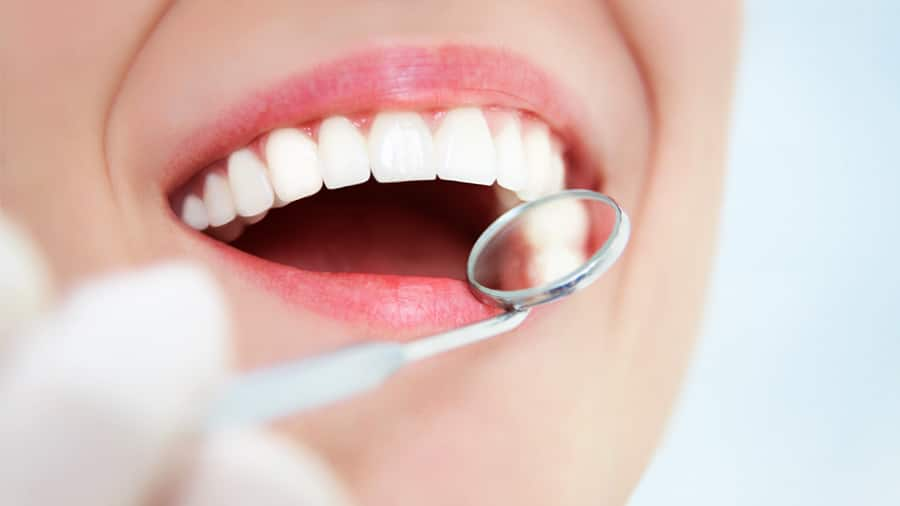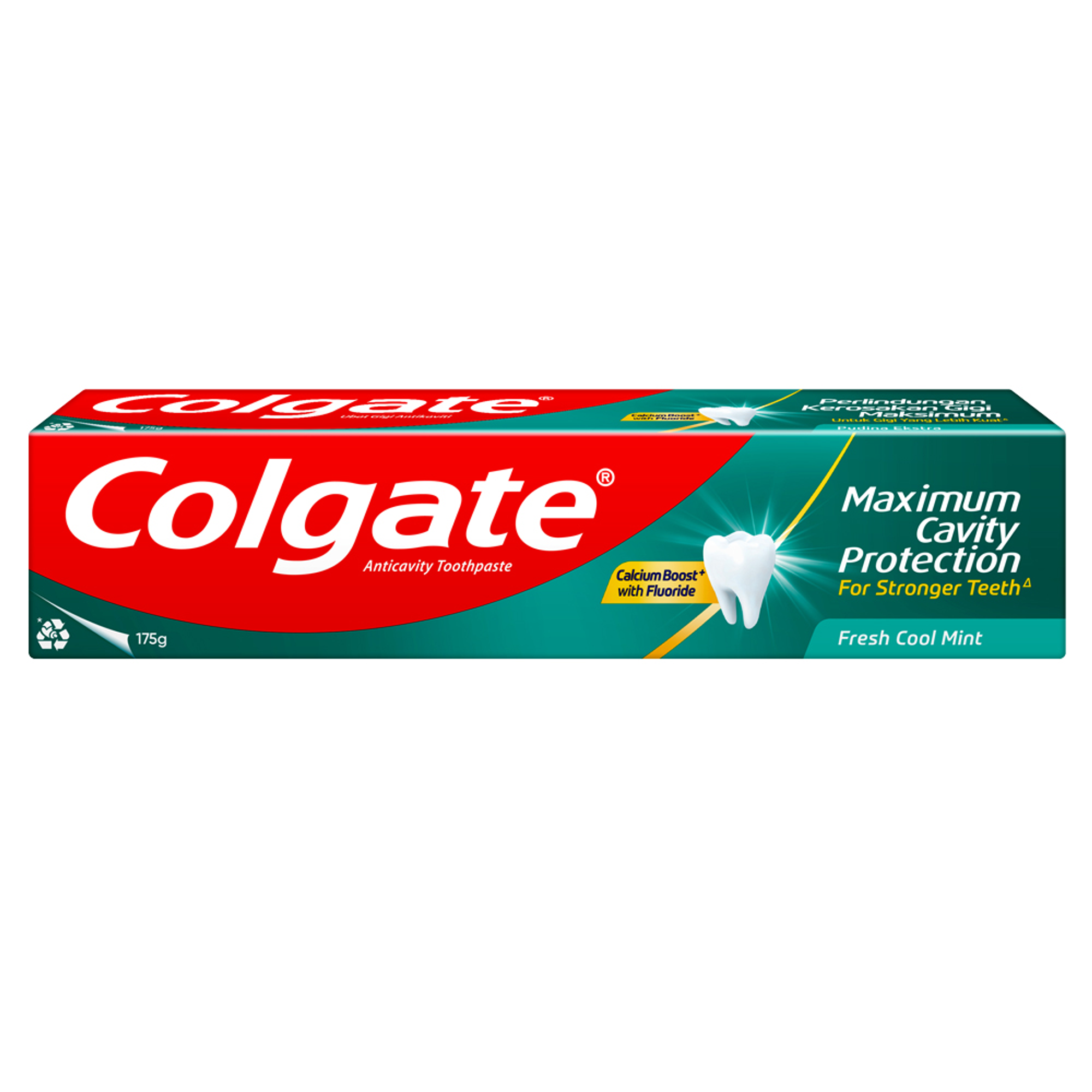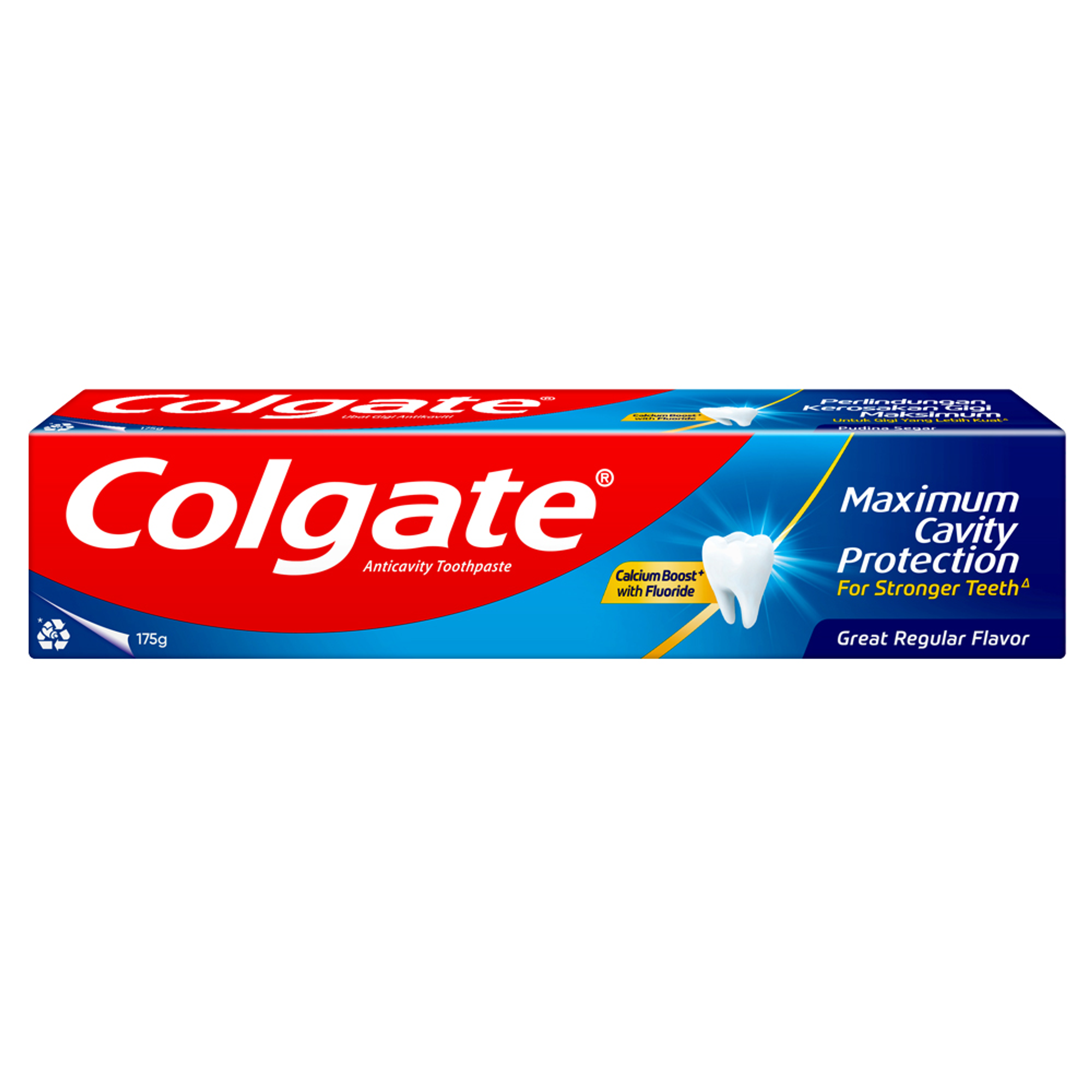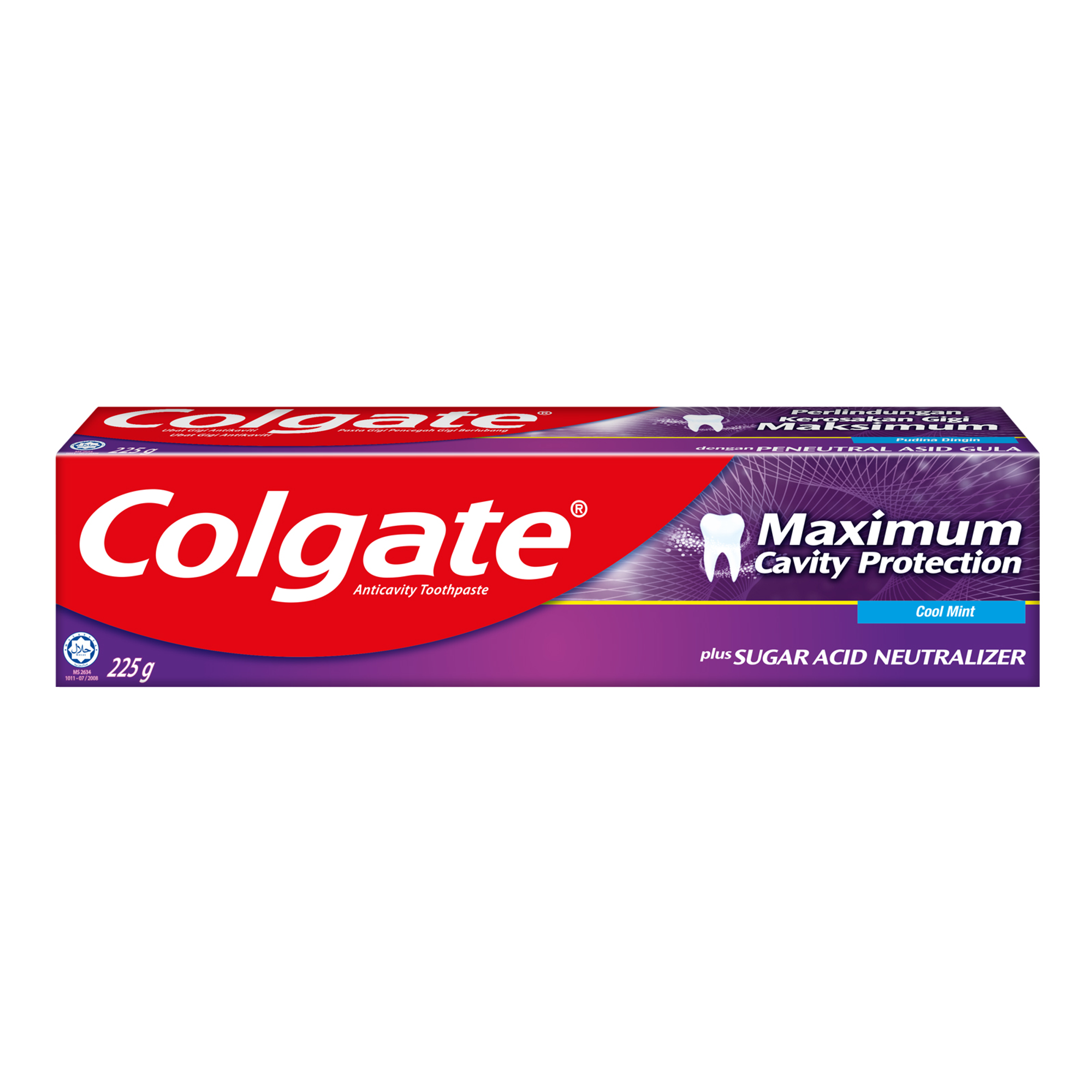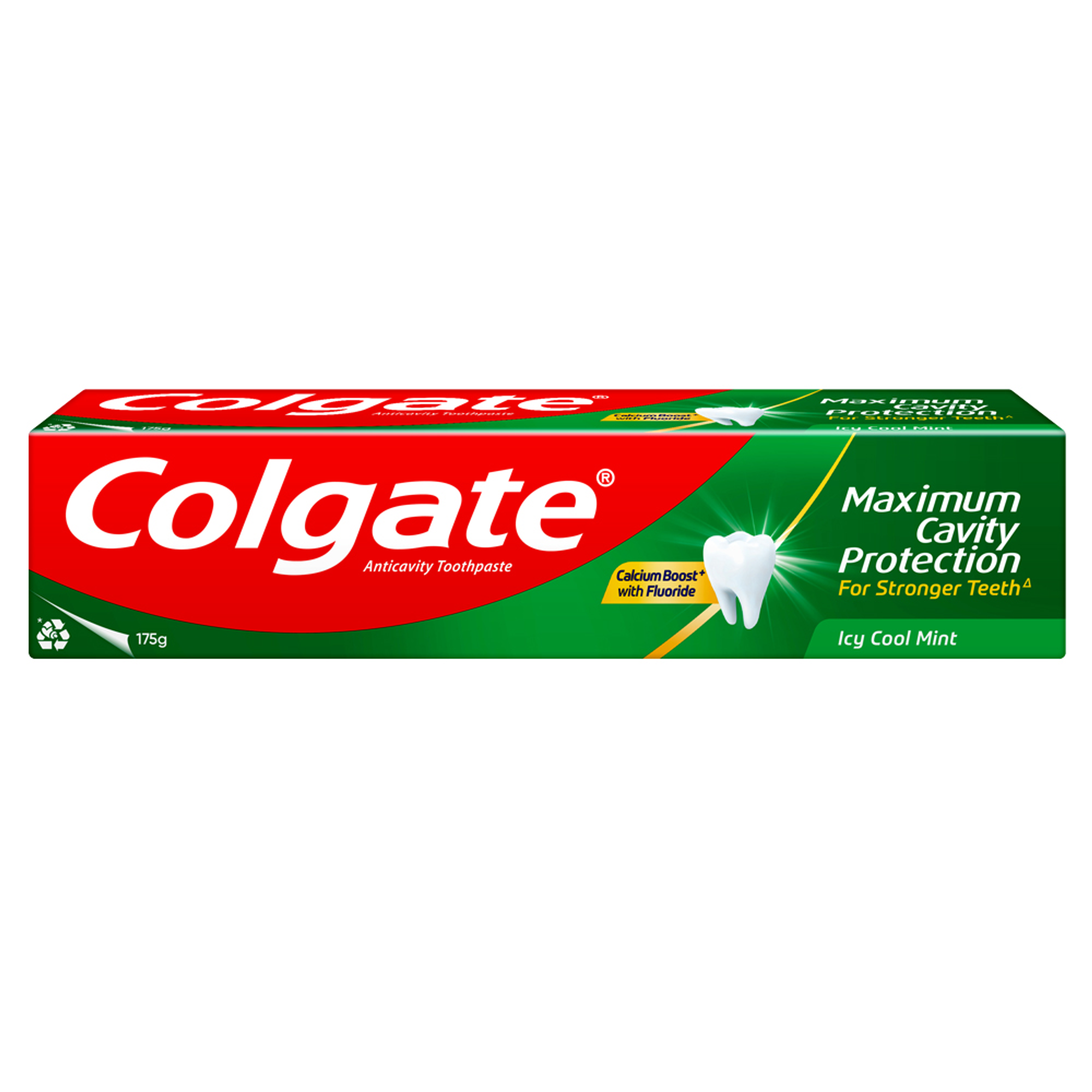Keep reading to understand what black spots on teeth could mean and their common causes. Learn about the symptoms that can tell whether they are stains or cavities. Get to know the different diagnosis and treatment options, as well as tips to prevent these spots for a bright and healthy smile.
What Does a Black Spot on a Tooth Mean?
Depending on their cause and location, black spots on your teeth can mean different things. People often assume dark spots on teeth to be tooth decay, which is only one of several possibilities. Dark spots on the enamel may also be surface stains from coffee, tea or smoking, which are easy to manage with simple methods. Sometimes, tartar buildup from poor oral hygiene can cause dark marks near the gumline.
Stains from an old dental filling can cause dark marks on the tooth surface. Cracks in the enamel can also cause dark lines on the surface or near the gumline. Not all black spots are dangerous or require elaborate treatments like a root canal. However, it is best not to ignore them. Spotting and treating them early is key to a healthy, bright smile.
Symptoms of Black Stain on Teeth
Black stains are often found on the front teeth, which are most exposed to pigmented foods and drinks. They may appear as dark spots or thin black lines near the gumline or as larger patches on the enamel. These black marks in teeth often imply a harmless discolouration. However, if they feel rough or you experience sensitivity, it may be an early sign of a cavity.
Tiny cracks or weakened enamel can also result in a black line stain on teeth. They do not go away with brushing and allow bacteria and stains to accumulate. If you notice a black spot on tooth, watch out for the following symptoms:
Dark lines, patches or dots on the enamel or near the gumline
Discolouration that does not go away with daily brushing and flossing
Tooth sensitivity when exposed to hot, cold and sweet foods or beverages
Rough and sticky dark spot that feels different from the rest of the tooth
If you notice any of these signs, consult a dental professional to confirm whether it is a stain or a cavity and get the right treatment.
Common Causes of Black Spots on Teeth
The reason behind the small black marks on teeth can be anything from the food you eat and poor dental hygiene to something you have no control over. Understanding the cause is crucial to determining the best solution to protect your smile. The common causes include:
Surface stains: Dark coloured foods and drinks like coffee, tea, berries, or red wine can stain your teeth. These stains usually form on the tooth surface and respond to dental cleaning. Black stains on teeth can also occur from smoking or tobacco use. Compounds in some mouthwashes may also cause brown spots on teeth.
Tartar buildup: Plaque, a colourless film of bacteria and food particles, hardens into tartar if not removed daily with proper brushing and flossing. It is mostly yellow and can only be removed by a dentist. Left untreated, it may turn darker from food or chewing tobacco. Lack of proper flossing often leads to tartar buildup and black marks between teeth.
Tooth decay or cavity: If the dark spot on your teeth is rough, sticky and growing, it is most likely a cavity. It forms when the acids produced by the harmful bacteria in your mouth attack the tooth enamel. Black dots start appearing as the tooth decay reaches the dentine layer underneath the enamel. Sometimes, an early cavity may appear as black stains between teeth.
Old fillings: Sometimes, an old metal filling may leave a black mark on the affected tooth’s surface or gums, known as an amalgam tattoo. Though these spots are harmless, they are easy to notice and can be a cosmetic concern. Regardless, it is vital to have them checked by a dentist to rule out a deeper problem.
Gum problems: If you notice black gum around tooth, the problem may not be with the tooth at all. It can occur due to an amalgam tattoo, tartar buildup under the gumline or an untreated gum disease.
Natural enamel defect: Some people may have weaker enamel and may naturally develop dark lines or patches on their teeth. Tiny cracks on the enamel from dental trauma can also cause a black line stain on teeth that you cannot brush away.
How You Can Tell if a Black Spot Is a Stain or a Cavity
Knowing whether a black spot on tooth is just a stain or an early cavity may not always be easy. Yet, there are some clues that can help differentiate them:
Surface stains: They are usually smooth, flat and painless. Surface stains often appear with frequent intake of pigmented foods and drinks. They may lighten a little with daily brushing and often respond to professional cleaning or a whitening toothpaste.
Cavities:They have a rough or sticky texture and may feel soft or catch as you run your tongue over them. They get bigger over time and can cause sensitivity to hot, cold or sweet foods. A deeper cavity may also cause pain while chewing.
How Dentists Diagnose Black Spots on Teeth
Dentists may use different methods to diagnose black spots on teeth. They may visually examine the tooth for the colour, size and location of the dark spots. A probe may be used for checking the tooth surface for rough, sticky or soft areas that indicate a cavity. Sometimes X-rays may be used to spot hidden cavities or decay under the enamel.
Your dentist may also ask you about your diet, lifestyle habits and any medical conditions to understand the possible causes. Through these steps, dentists diagnose the black spots on your teeth and suggest the right treatment based on the cause.
Treatment Options for Black Spots on Teeth
When considering how to get rid of black stains on teeth, the treatment depends on the cause. There are both professional and at-home methods you may consider. The right choice depends on whether it is a surface stain or a cavity.
For Surface Stains
Dental professionals offer various solutions to remove black spots, which are diagnosed as surface stains. They range from simple teeth cleaning and to professional teeth whitening treatments.
Teeth cleaning: Most surface stains go away with professional cleaning, which includes scaling and polishing.
Bleaching: Deeper black stains often require bleaching. It uses whitening agents like hydrogen peroxide that break down the stains.
Other treatments: For severe tooth stains, solutions like porcelain veneers may be suggested.
When considering teeth black stain removal at home, your options range from take-home whitening kits to over-the-counter teeth whitening products.
Take-home whitening kits: You can obtain customised whitening trays from a dentist, which include a professional-strength whitening gel. You may place the gel in the tray and wear it on your teeth for some time to lighten the stains.
Teeth whitening products: They can brighten your smile with regular use as directed. Teeth whitening toothpaste contains hydrogen peroxide or an advanced formula like active oxygen that lightens surface stains. Other products include whitening strips, pens, LED whitening kits, and mouthwash.
For Cavity
If the black spot on tooth is a decay, professional treatment offers the best cure. The treatment may vary based on the severity of the cavity. Typically, it includes:
Dental filling: For small cavities, dentists remove the decay and fill the affected tooth with a composite material.
Root canal: It is suggested when the decay has reached the tooth pulp. The dentist clears out the infection before filling and sealing the tooth centre to save the tooth.
Crowns or veneers: If the cavity has severely damaged the tooth structure, a crown or veneer may be used following root canal treatment. This helps restore the tooth’s structure and function.
Home remedies may not be safe and are often not scientifically proven. It is best to consult a dentist for proper diagnosis and treatment.
How to Prevent Black Stains on Teeth?
If you are wondering how to prevent black spots on your teeth, it all boils down to good oral hygiene and regular dental check-ups. Daily dental care habits and lifestyle changes can go a long way in preventing black stains from occurring in the first place. Here are some tips to consider:
Brushing: Brushing twice daily is key to preventing both surface stains and tooth decay. Ideally, use a fluoride toothpaste, as fluoride helps prevent cavities and strengthen the enamel.
Flossing: Flossing once daily is important. It removes plaque and stain-causing particles between teeth and from other hard-to-reach areas where a toothbrush may not reach.
Watch your diet: Limit the consumption of staining foods and drinks like coffee, tea, red wine, and berries. If you enjoy them, use a straw to avoid direct contact with your teeth and rinse your mouth afterwards. Adopt a healthy diet which includes nutrients like calcium to support your oral health.
Quit smoking and tobacco use: They are not only a major cause of stains but also promote other dental issues like plaque buildup and gum disease.
Schedule regular dental check-ups: Professional cleaning removes plaque and tartar missed by your daily oral care routine. Regular dental visits also help detect underlying dental issues early on.
When to See a Dental Professional
Not every black spot may be dangerous, but some may indicate a serious problem. Leaving an early cavity untreated allows the decay to damage a large area of the tooth, leading to black teeth. Schedule an appointment with your dentist if you notice:
Black spots that are growing
Tooth sensitivity or pain around the dark spot
Rough, soft or sticky patches
Stains that do not go away with brushing or cleaning
Signs like gum problems or bad breath
A black spot on tooth can be a surface stain or a more serious problem like decay. It is best to get these spots checked and treated by a dentist early on. Surface stains can be managed using professional treatments or over-the-counter products like teeth whitening toothpaste. However, timely treatment is crucial to preventing early cavities from worsening. Good oral hygiene practices, diet and lifestyle changes and regular dental checkups are key to keeping your smile healthy and bright.
Frequently Asked Questions
Can a black spot on a tooth go away?
If it is a surface stain, it can be removed with professional cleaning or teeth whitening products and proper dental care at home. However, if the dark spot is an early cavity, it will not go away on its own and requires proper treatment from a dentist.How do I remove black dots on my teeth?
Black dots caused by surface stains can be removed with products like whitening toothpaste or teeth cleaning. Dark patches from cavities need appropriate treatment by a dentist.Are black spots on teeth bad?
Not necessarily. Some black spots can be harmless surface stains, whereas others may be a sign of cavity or gum problems. It is best to have them diagnosed by a dentist.Are black stains on teeth a cavity?
They can be, but not always. If a dark spot on teeth seems to grow, spread or feel rough, soft or sticky to the tongue, it may be a cavity.






